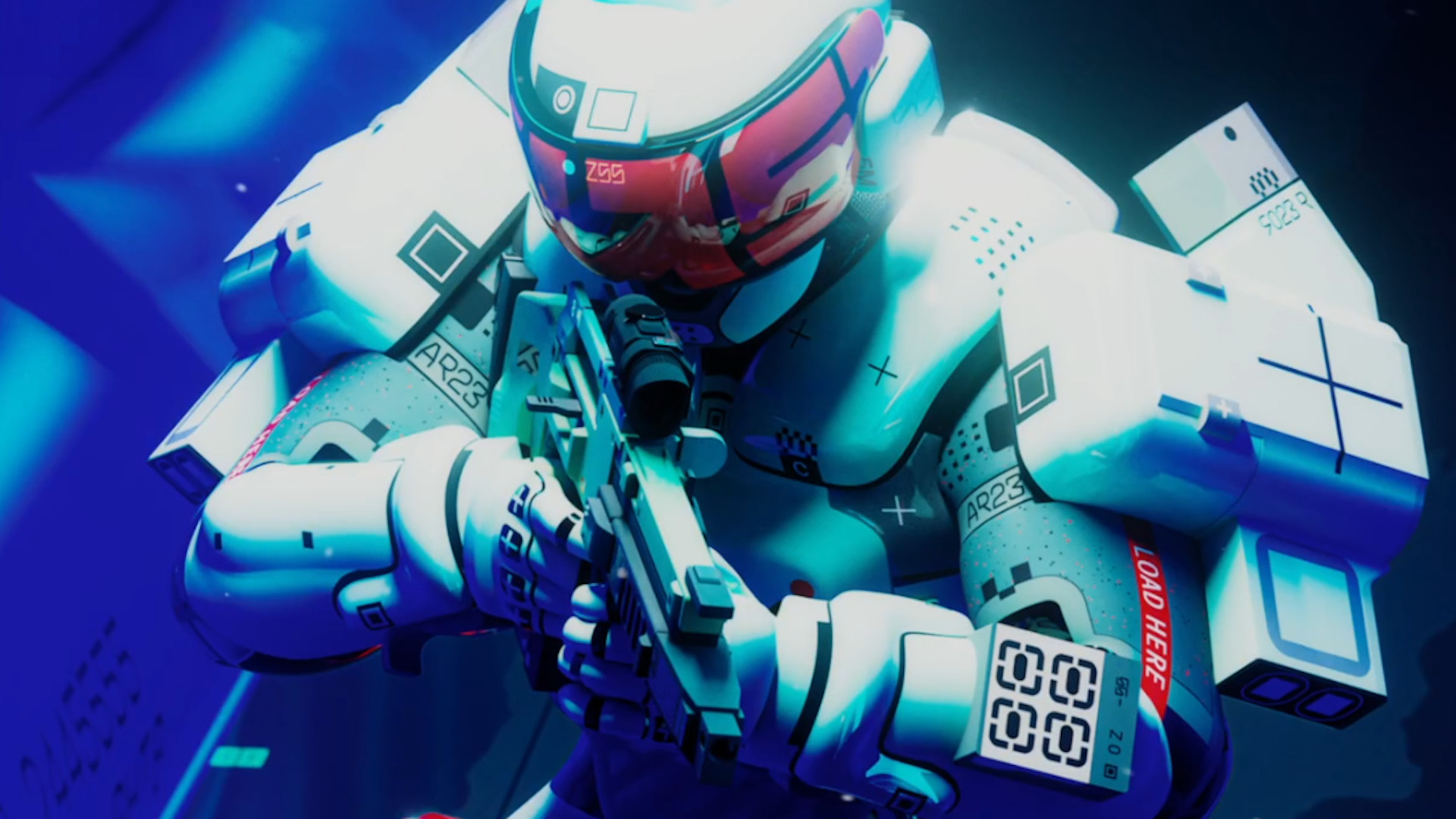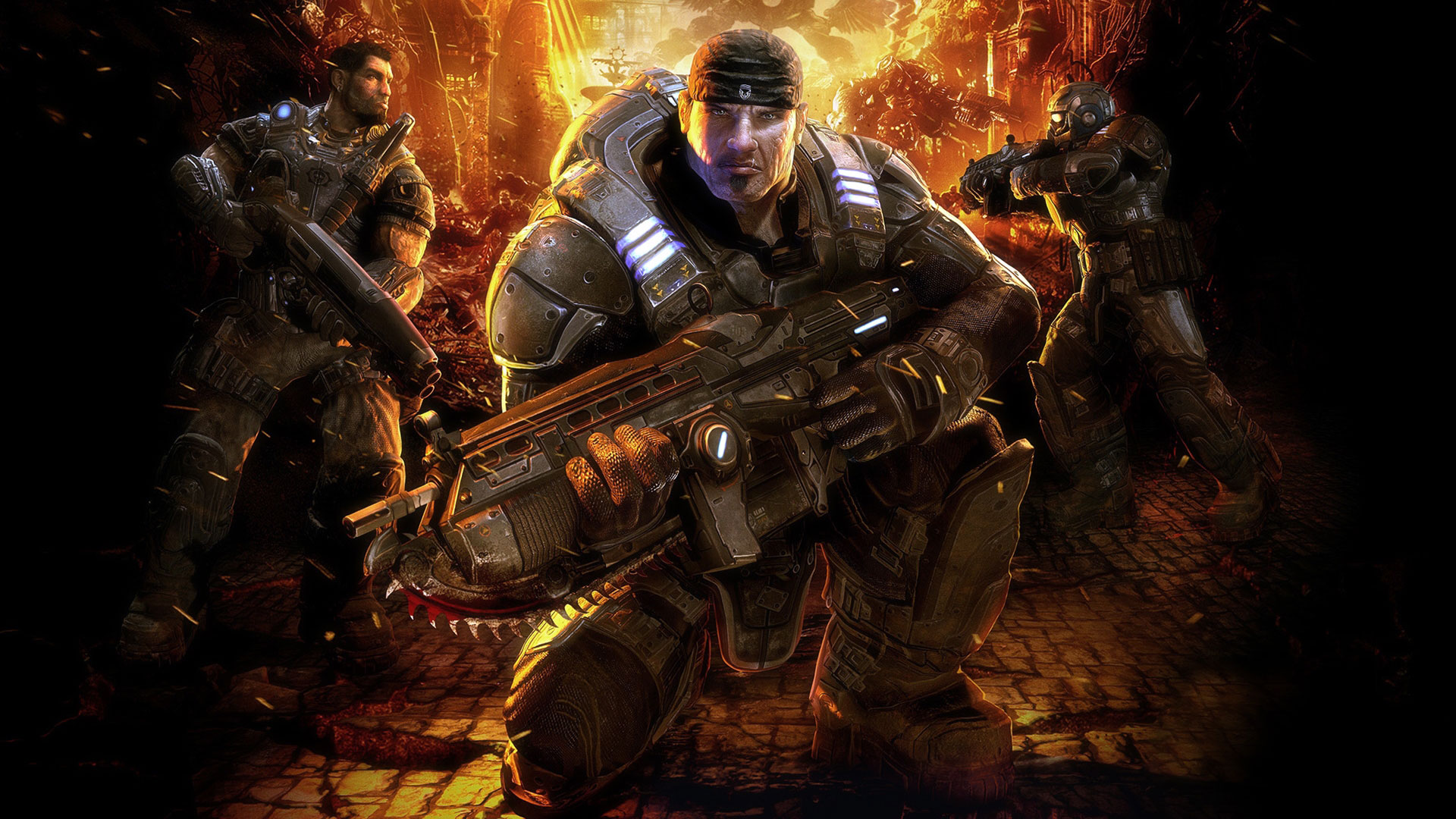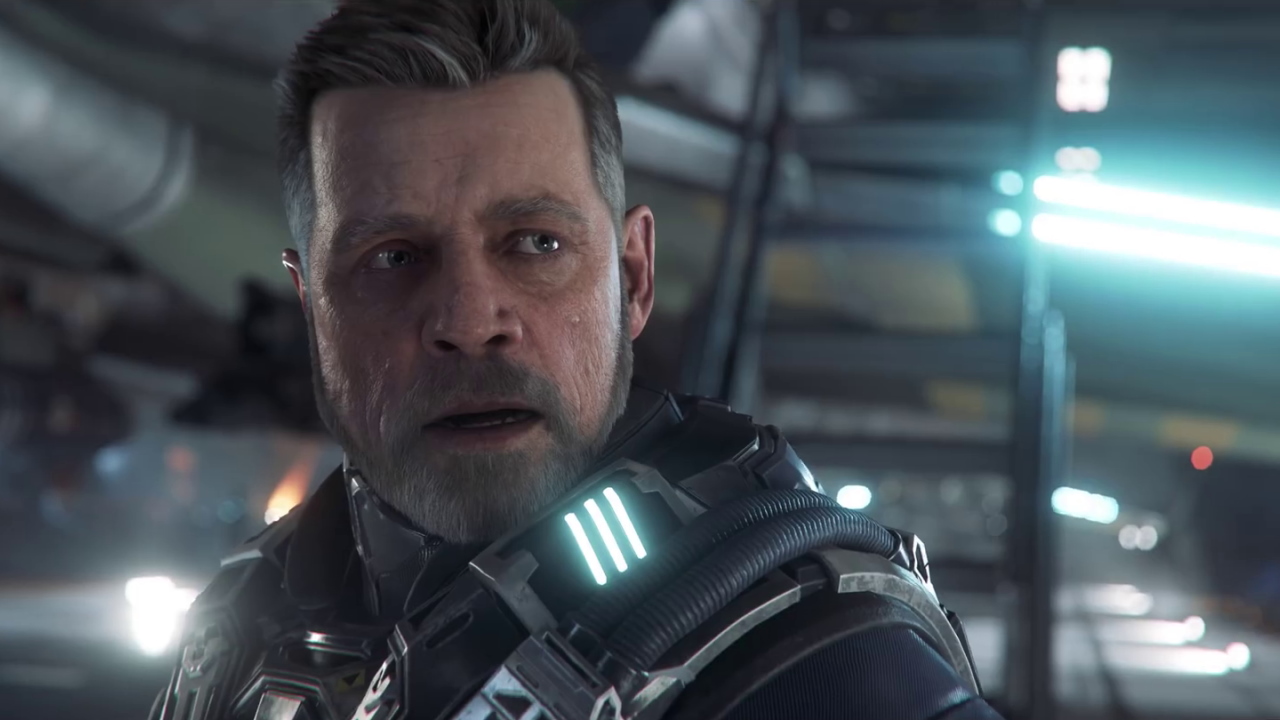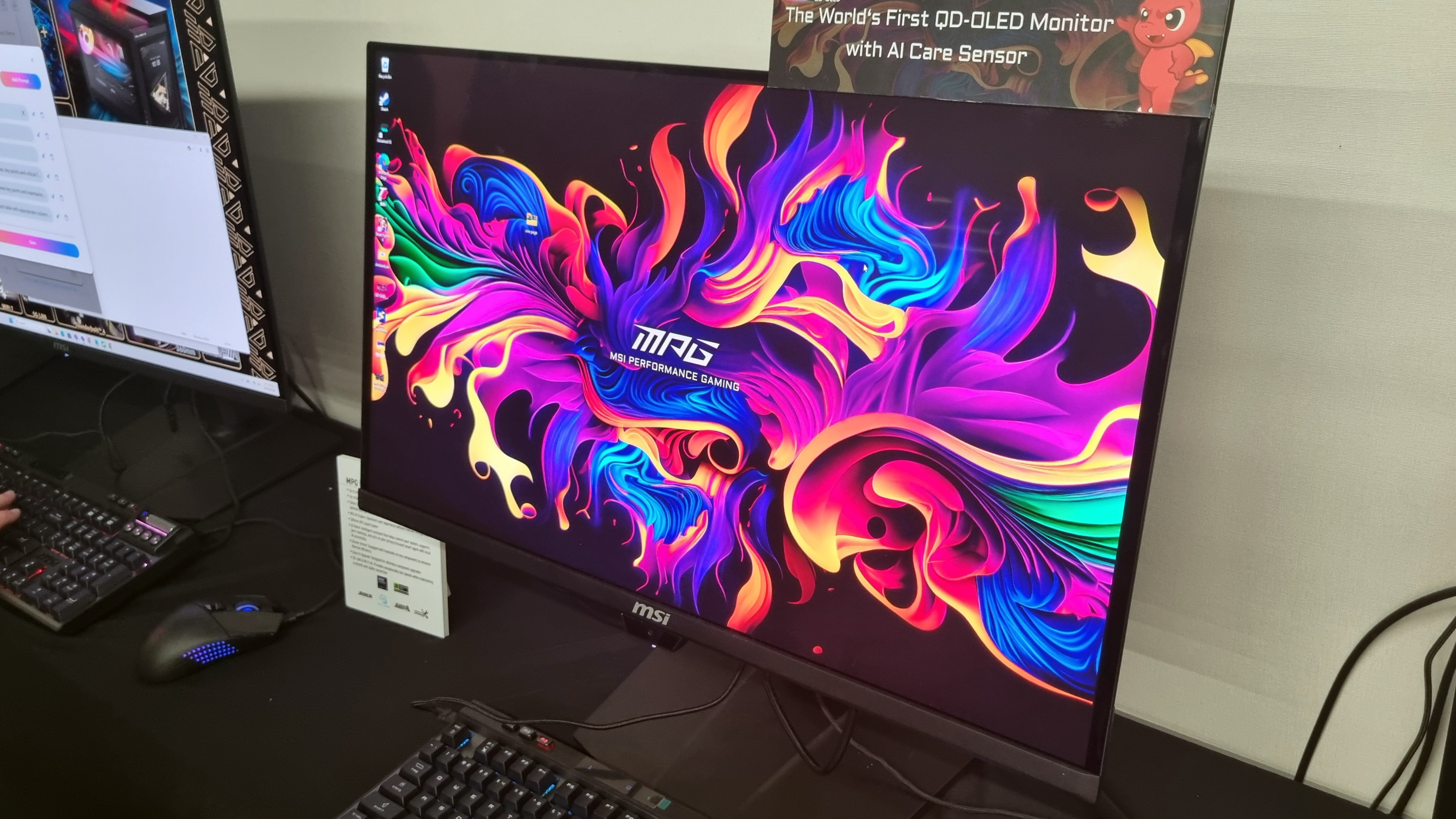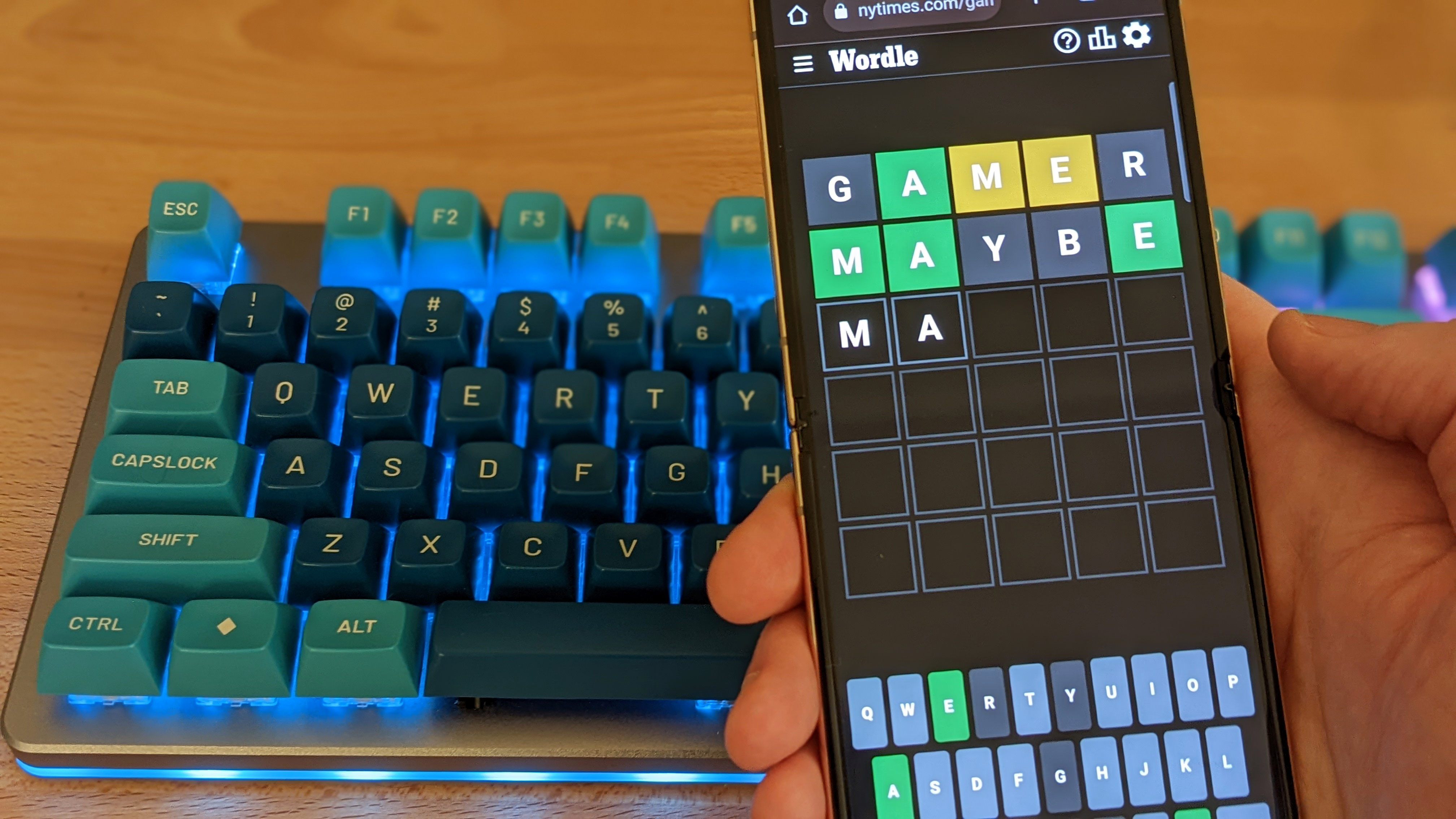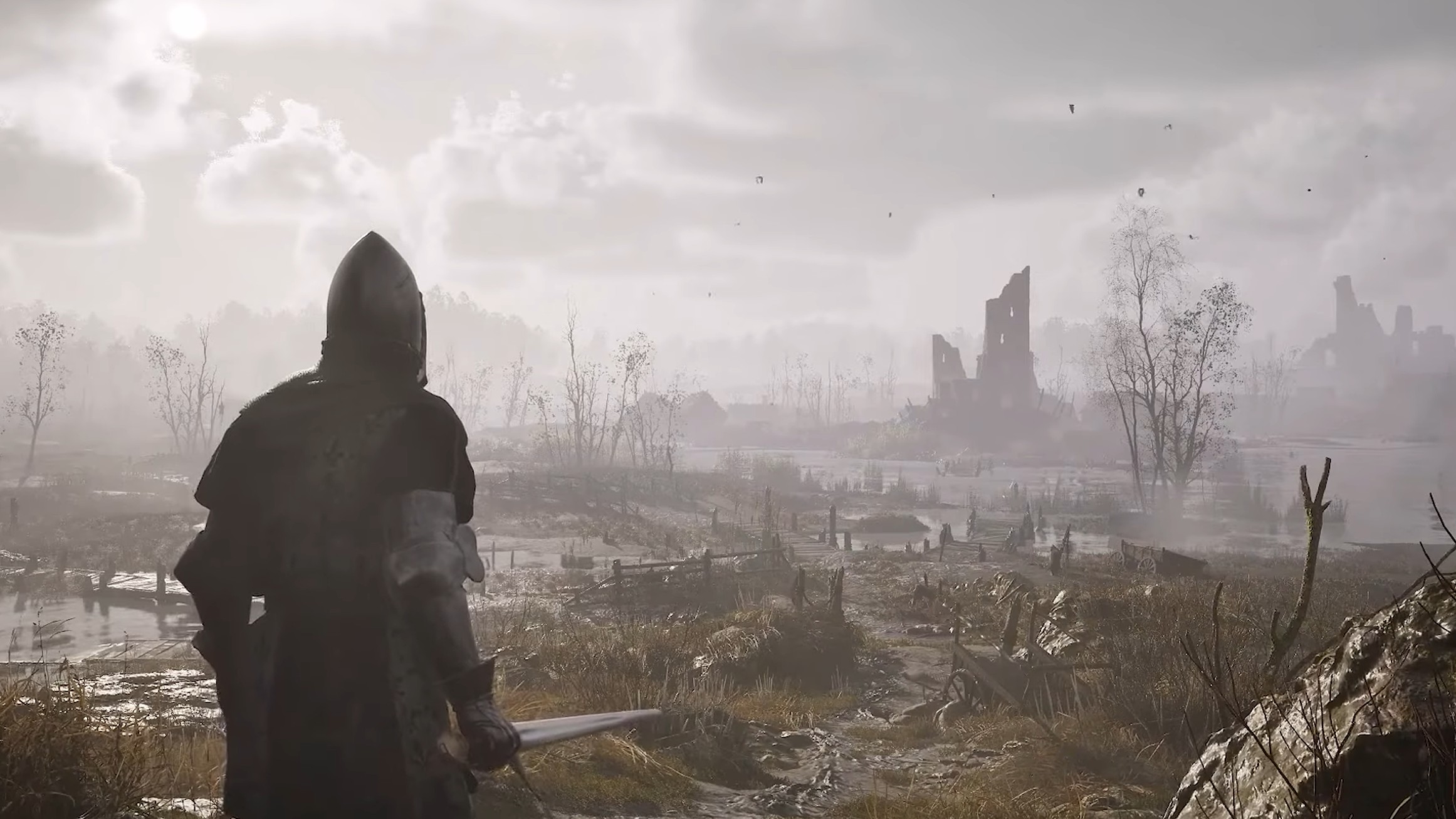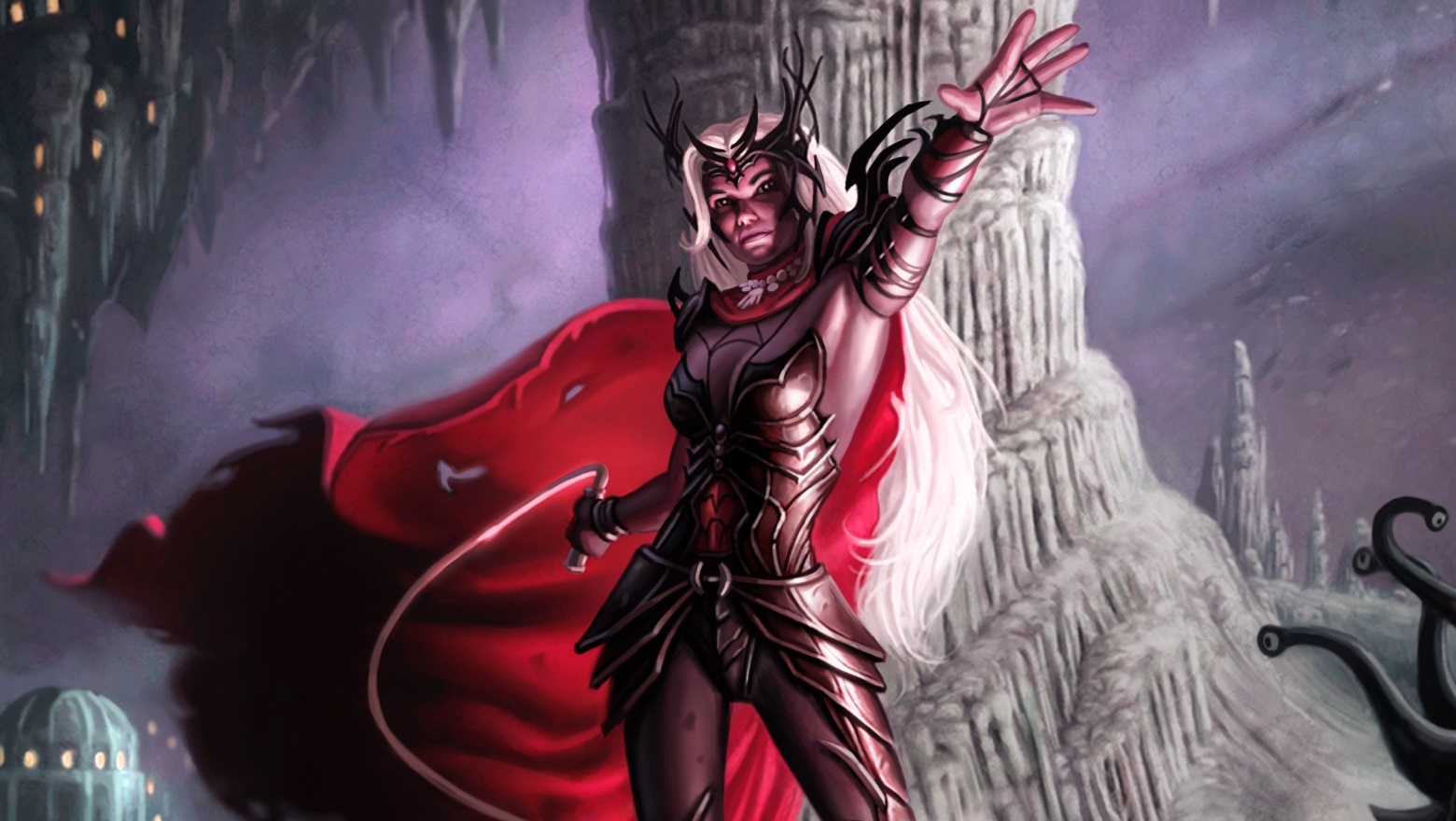
BioWare seems to have been laser focused on multiplayer and user-made content.
Gaming YouTube channel NoClip continues to release rare, archival videogame footage on its secondary preservation channel. Last week, NoClip made good on a prior promise and dropped nearly an hour of never before seen Neverwinter Nights footage from E3s 2000 and 2001. Their presenter isn’t identified, but it sounds like Trent Oster, NwN’s project director who would later found prolific RPG remasterer Beamdog.
The in-progress Neverwinter Nights is immediately way more familiar than KotOR’s bizarro world early version also preserved by NoClip. The tilesets, portraits, and character models here mostly resemble the final game, though the UI and character animations are noticeably different. Amusingly, it sounds like these builds used the spellcasting audio from Baldur’s Gate 2 as a placeholder.
What really stood out to me is the focus of the presentations: Oster spends most of the E3 2000 video talking about NwN from a multiplayer perspective, while in 2001, the video was all about how the game’s Aurora toolset could be used to quickly and easily craft custom levels. There isn’t really any mention of the original campaign BioWare was cooking up.
Neverwinter Nights’ original campaign was a little rough, starting out strong but running out of gas around the halfway point. It’s a strange, awkward thing that doesn’t compare favorably to the CRPG triumph of Baldur’s Gate before it or the approachable, cinematic RPG experience of Knights of the Old Republic immediately after. That’s not what Neverwinter Nights is remembered for though.
In the E3 2001 video, Oster describes a primary inspiration for NwN being Ultima Online of all games. “We looked at it and thought, ‘well how do we get involved with this space?'” Oster explains in the presentation. “What if you don’t have to have a thousand players to make a really compelling multiplayer experience, what if you only have to do groups of six or seven?
“What if we could do it, what if we could pack the best of both worlds, where you essentially have the story-based nature of a single-player game, but the social interaction of a massively multiplayer game?”
That drive can be seen in player-run “persistent worlds” for Neverwinter Nights, some of which, like Arelith, are still going strong to this day. Meanwhile, the extremely user-friendly Aurora toolset focused on in the E3 2001 demo would form the basis of thousands of hours of user-made short quests and full-on campaigns for Neverwinter Nights. Fantasy author Luke Scull started his career making NwN modules, and continues to work in Aurora to this day, while campaigns like The Aielund Saga and Swordflight dwarf BioWare’s original campaign in size and scope.
BioWare would eventually release much nicer official introductions to NwN in the form of its expansions, Shadows of Undrentide and Hordes of the Underdark. As a megafan of NwN though, it’s interesting to see just how clearly BioWare was laser-focused on multiplayer and user-generated content, with that original Wailing Death campaign almost more of a tech demo for the toolset than anything else.
That kitchen sink “modding and multiplayer and an epic campaign” approach hardly seems to have died with NwN either. Fallout co-creator and Troika Games co-founder Tim Cain’s proposal for Baldur’s Gate 3 from 2003 definitely has a lot of Neverwinter Nights twang in it. Meanwhile, Larian Studios never balked at ambitious, tabletop-style co-op multiplayer in Divinity: Original Sin 2 or its upcoming Baldur’s Gate 3.

